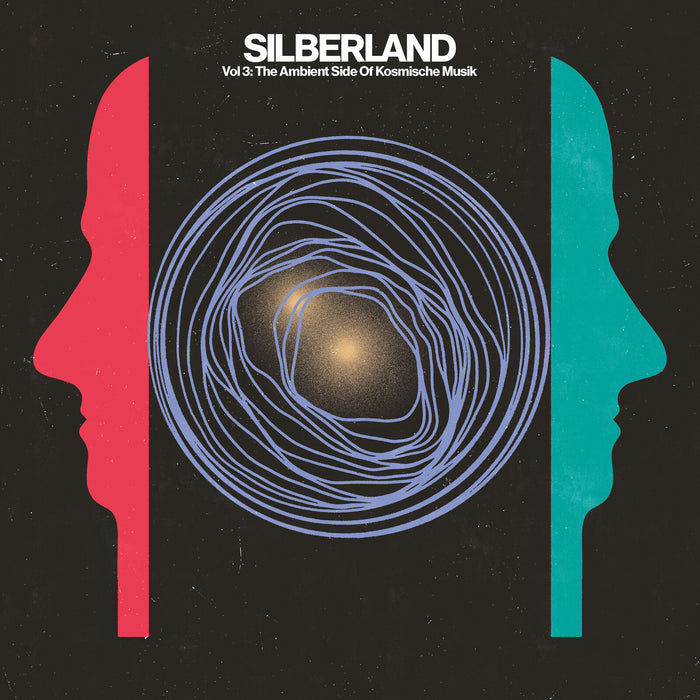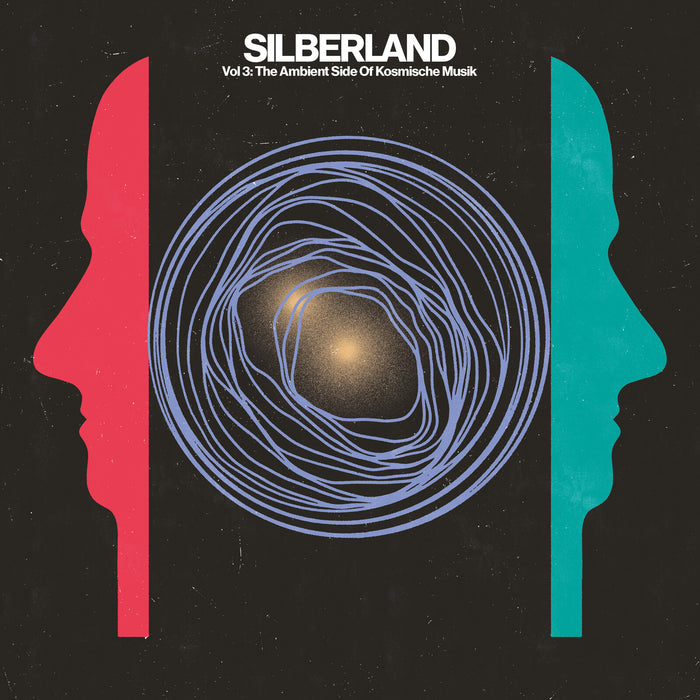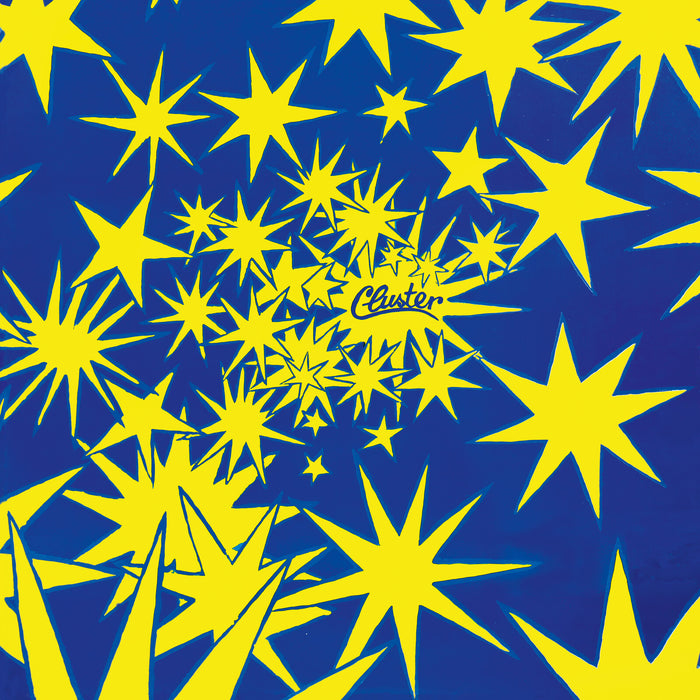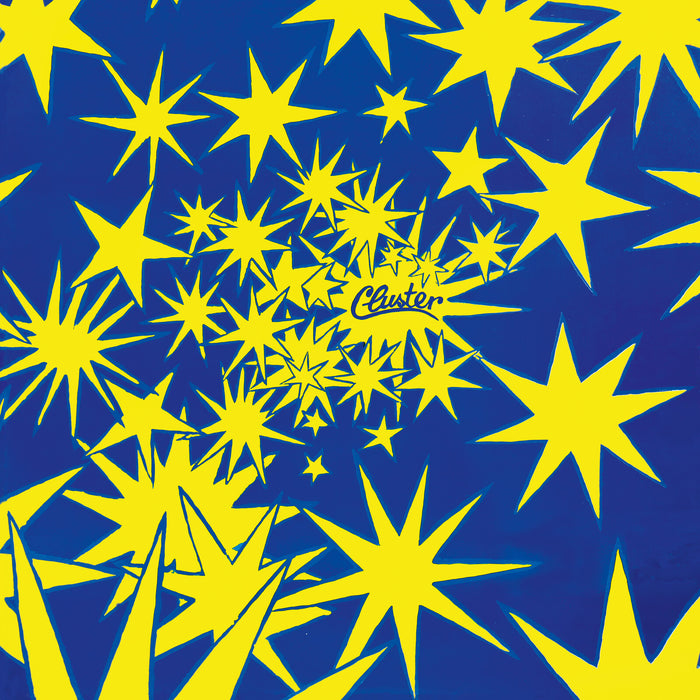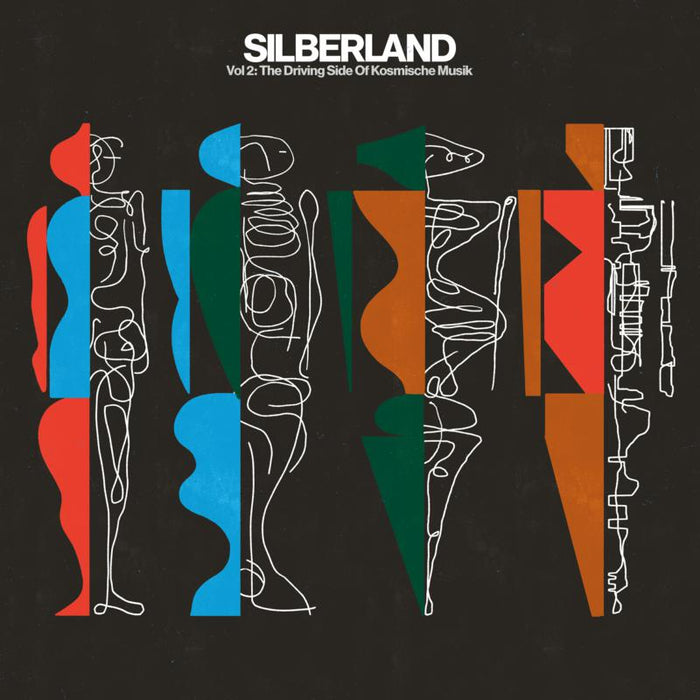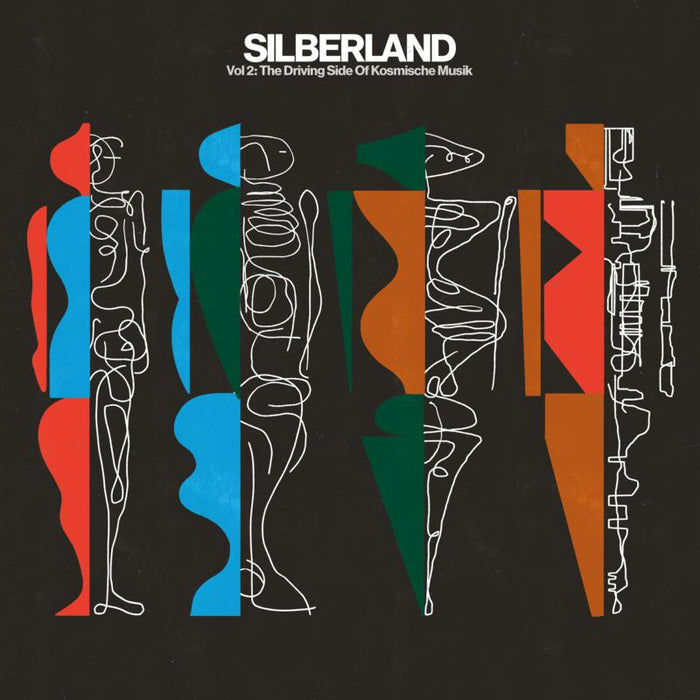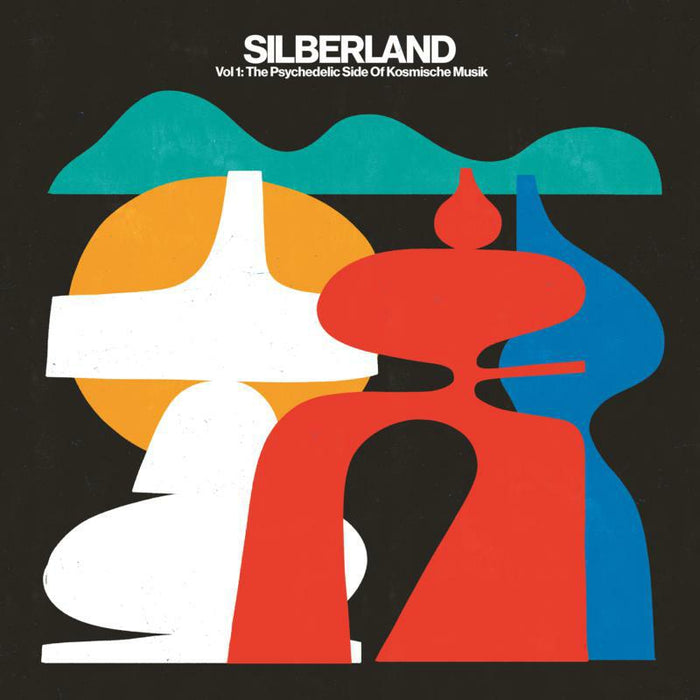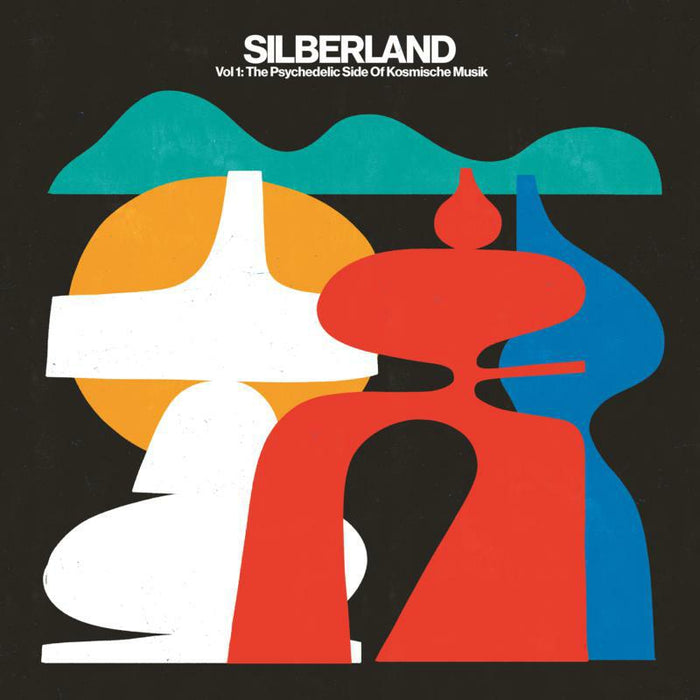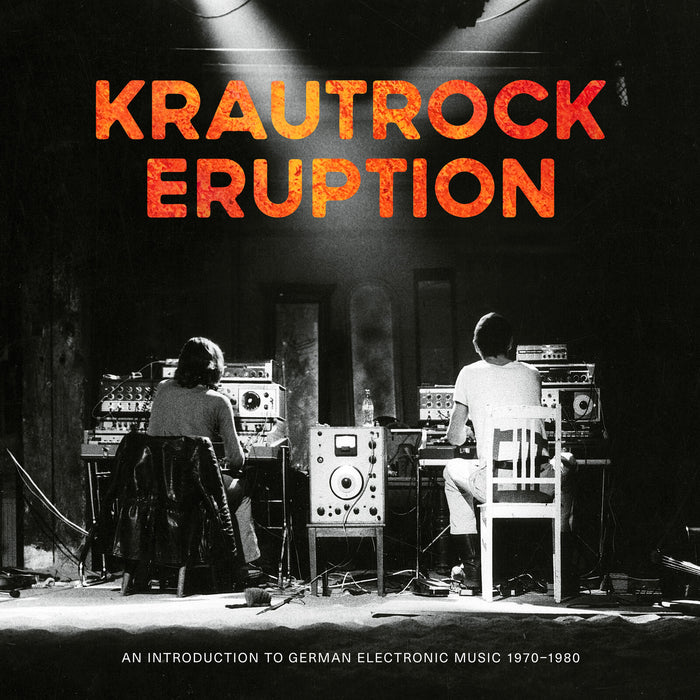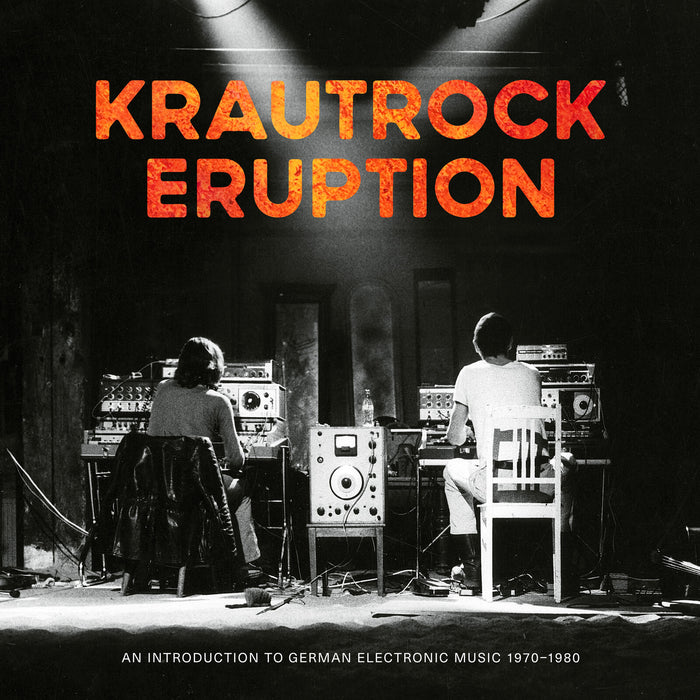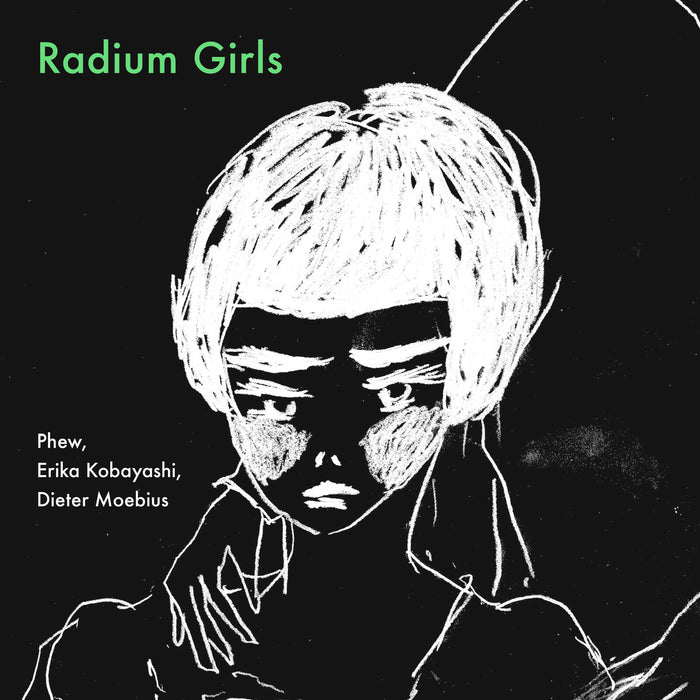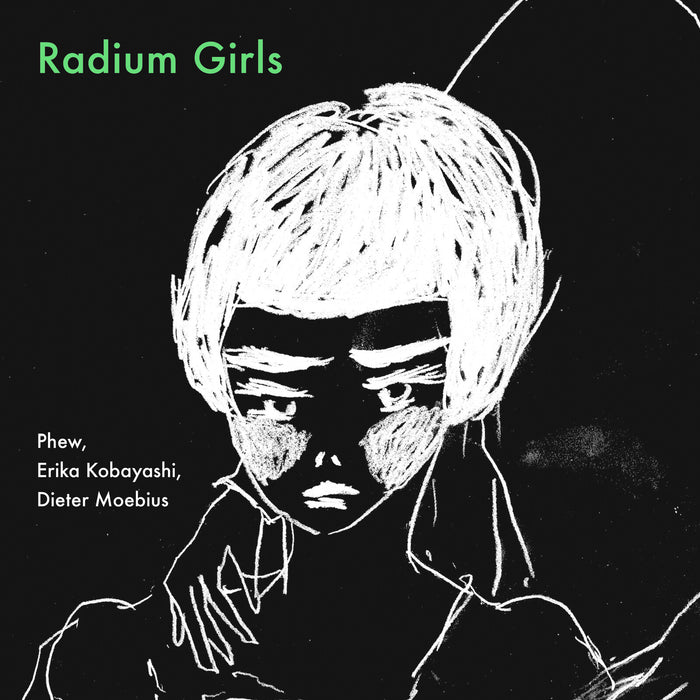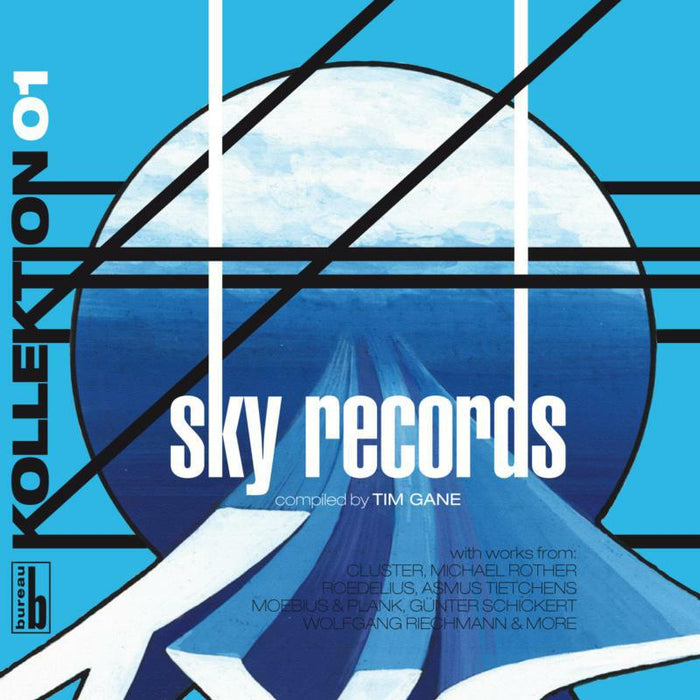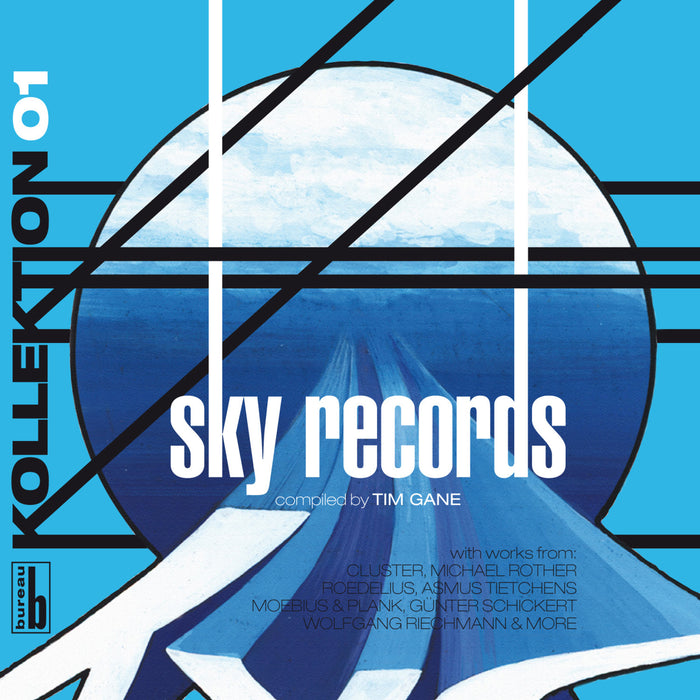Description
(Experimenteller Elektronik-Underground DDR 1989). Bureau B presented a compilation of experimental, electronic music from the GDR's underground cassette scene in 2017 under the title "Magnetband" and now the Hamburg label is following up this thematic focus with the release of two East Berlin artist retrospectives: "Acht Ges?nge der schwarzen Hunde" - a compilation of J?rg Thomasius productions from 1980 to 1990 - and "MEZ 31,00" by Dieter Zobel aka Didier Leboz, recorded in 1988 and originally released on Thomasius' Kr?ten Kassetten label in 1989 - a year of great upheaval in Berlin. Both were members of the legendary avant-garde group Das Freie Orchester. Dieter Zobel's "MEZ 31,00" is one of his many solo releases and also one of his most impressive. Recorded on the Yamaha CX5M, bought with money from his (West German) grandmother's inheritance, the pieces, laid over each other in several loops of the same sequence of varying length, produce a kind of concentrated polyrhythm that sometimes makes one think of ambient music being created in Japan at the same time. Das Freie Orchester emerged from the off-centre environs of Prenzlauer Berg in 1985 as a wild and outstanding descendent of the so-called Komplexbrigade. Ever open to progressive tendencies, with a strong predilection for all things Kraut (including Can, of course) and emboldened by the GDR free jazz which was sweeping the international scene as well as the Treptow Cultural Centre, upstairs and downstairs, the orchestra wholly identified with the concept of free expression: everything was improvised. As seriously as they took their sonic explorations, their love of unserious paronomasia was just as pronounced. Dieter Zobel, first and foremost DFO guitarist, dreamed up the Leboz brand name for the instruments he had built himself, then took DFO-speak a step further by christening his devices sadophone and masophone or Metallic Noise Masturbator, names which only served as rough approximations of the bizarre sounds they generated. "MEZ 31,00" was actually a rather more conventional production, based on a Yamaha CX5M purchased with Western currency left to him by his grandmother. The Yamaha would also spawn a further and possibly superior Zobel Kr?ten tape by the name of "Moschus". Zobel, it should be said, was not so thrilled with the instrument, bemoaning the fact that "it was pretty hopeless, you couldn't use it with a mouse and the MS DOS operating system was a nightmare. Today it would just get laughed at." The only plus point he could find was its sound: "actually quite decent, eight voices with eight different sounds and multi timbral at that. An absolute first back then!" The sequencer in particular was "hellish, you could only enter musical notation, there was no undo function and you couldn't even record keyboards manually! There was no way you could listen to individual parts, you had to play back the whole thing to listen out for wrong notes and then write everything down on p





